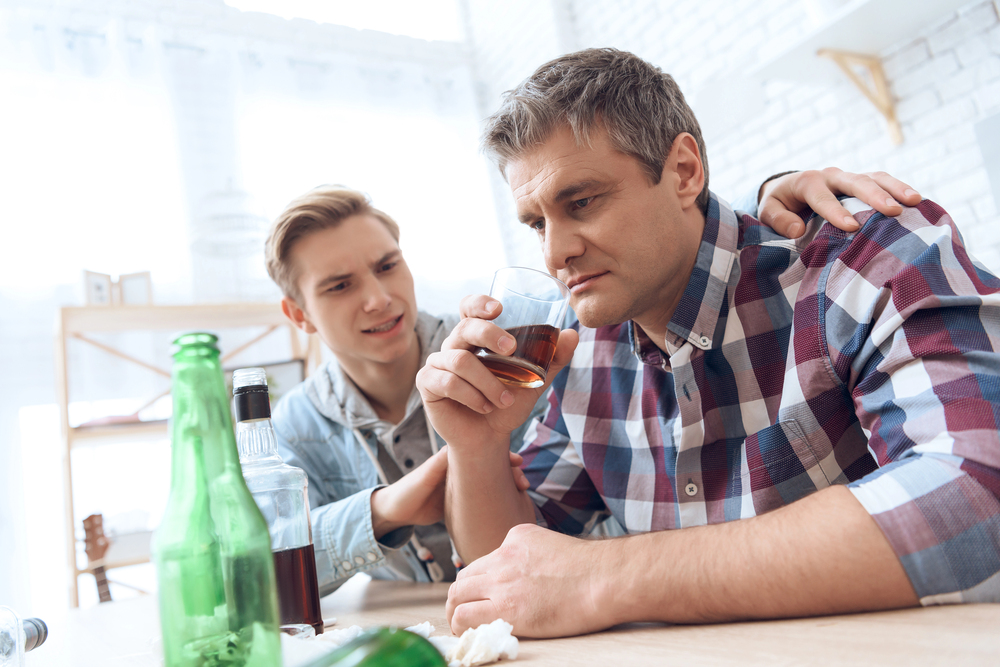When a loved one slips further into addiction, it seems the rabbit hole has no bottom. The physical, psychological, and spiritual transformation that happens can be stark. The individual with addiction is not the only one needing an intervention. In fact, the family really needs an intervention to find the support it needs.
Family Issues
Addiction professionals help families understand what they have known for a very long time. Significant pain and stress is put on the family and, while it is easy to cope for a short time, after awhile it takes a toll. The unpredictable behaviors of the person with addiction and maladaptive behavioral patterns become intolerable. The reality is the person with addiction usually becomes enabled by family who are well intentioned, but hurt their family member in the long run.
Caretaker Role
Perhaps the most recognizable codependency role in families is the caretaker’s role in addiction. The caretaker takes on the person with addiction’s responsibilities and problems while trying to keep the family healthy and happy. The caretaker will try to shield the person with addiction from consequences which is more enabling than helping.
The Hero
The hero in the family tries to present things in a positive manner. This can often be the oldest child who will take on adult roles in the house like cooking and cleaning. There may also be lots of guilt and shame about it as well.
The Scapegoat
The person who scapegoats is defiant and tries to divert attention away from the family acting out. People who assume the scapegoat role may become angry and hostile. This person feels lonely, angry, and may turn to drugs and alcohol.
The Mascot
Family members who become a mascot adopt a dysfunctional role in the family in that they try to bring levity and humor to hard situations. The humor masks immature and painful hurts as a reflection of deeply felt anger.
Break the Cycle
Family therapy can be very helpful in breaking the cycle of addiction. In order to recover, the family must undergo treatment to address maladaptive behaviors that allow a person with addiction to grow and flourish. Through family therapy programs, experienced therapists can help the family grow stronger from within and gain the support and tools they need to become empowered. Most importantly, the family programs build resilience and the family learns to support one another in healthier ways. This can also help break the cycle of addiction.
Cypress Lake Recovery brings a mind, body, and spirit approach to our recovery program. We provide space to learn about health and wellness for your journey. Our beautiful East Texas location provides a serene, calm setting in which to experience addiction recovery. If you are ready to take the next step for yourself and your family, call us: 866-217-2636


